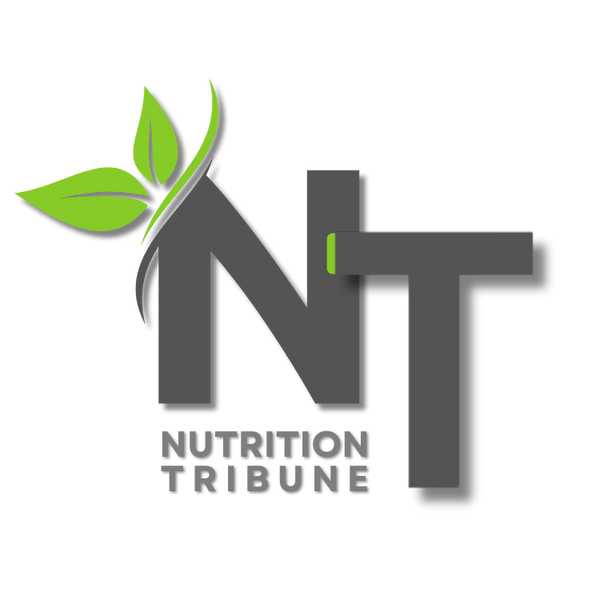Difference between Vegan and Vegetarian
People often confuse the vegan and vegetarian diets or think that they are both terms used to describe the same thing. While both certainly do have a lot in common, there are also a lot of important differences to keep in mind. So, whether you are looking to choose one of these diets for moral reasons, personal preference or because you think it is a healthier option, it is a good idea to start by learning about the differences between the two so you can make an informed decision.
What is a Vegetarian?
To put it simply, vegetarians are people who will not consume meats as part of their diet. In most cases this includes any type of animal flesh, but there are different classes of vegetarians. For example, an ‘ovo-vegetarian’ will consume
eggs of animals, but no other meats. There are also ‘semi-vegetarians’ that will typically consume fish and in some cases poultry, and only refrain from consuming the meat of mammals. In order to get the protein and other nutrients most people get from meats, vegetarians often consume more nuts, seeds, soy and other foods. Of course, they also consume a lot of fruits and vegetables as part of their everyday diets.
What is a Vegan?
A vegan takes the idea of not eating animal flesh to another level. Vegans do not use or consume anything that comes from animals. In most cases vegans choose this lifestyle for ethical reasons, though there can also be many health benefits as long as they choose their foods properly in order to ensure they get all the needed nutrients. Many people are surprised to hear just how much of what we consume and use on a daily basis has animal products in it or made from animals. The following are some of the foods and products that vegans avoid:
-
All Meat – All meat from any animal is off limits for vegans.
-
Eggs – All eggs from all animals.
-
Milk – Milk from animals (cows, goats, etc).
-
Dairy products – Any food produced from the milk of mammals.
-
Honey – Honey is made by bees and while the bees are not harmed by taking the honey, vegans would consider this exploitation, which is why they do not consume honey.
-
Some Sugars – Much of the sugar found in traditional supermarkets today is made using bone char so unless the packaging specifically says it is vegan, it is safe to assume it is not.
-
Gelatin – Gelatin comes from the collagen of animals so it is off limits. Common foods with gelatin include marshmallows, gummy bears, Jell-O and more.
-
Most Red Foods – Almost all foods that are red (with the exception of fruits and other natural options) use red pigments that originate from female cochineal insects, which means vegans can’t eat it.
-
Many Sauces – Many sauces including Worcestershire sauce contain anchovy, which is a fish and therefore not allowed.
There are many other foods and products that cannot be consumed or used by vegans. The vegan diet is one of the most strict that people follow, but like anything, you can get used to it. It will take some getting used to, but the same can be said of any healthy diet.
Key Differences
While there are many similarities, it is clear that there are a variety of key differences too. The vegan diet is much more difficult to follow not only because it has more restrictions, but also because there are fewer products made with vegans in mind. This means that the person following the diet will need to put in more effort in order to be able to have it followed properly. The main differences can be summed up simply by saying that while all vegans are vegetarians, not all vegetarians are vegans. Consider all your options and remember that you can always start off as a vegetarian or vegan, and then adjust based on your specific dietary needs.
Are Vegetarian and Vegan Diets Healthy?
When it comes to these two diet options and their impact on your health, there is a lot of misinformation out there that people believe. On the one side, opponents of this type of diet say that it is unhealthy because humans need lots of protein and other nutrients from meat. On the other hand, proponents of these diets claim that this is the healthiest way for humans to live. As usual, the truth can be found somewhere in between. If you’re looking to become either a vegan or a vegetarian because you want to optimize your health, you’re in luck. Both of these diet choices can be extremely healthy. Just because you stop eating meat or any animal products, it does not mean that you are automatically going to be eating healthy. Unfortunately, many vegetarian and vegan products that are sold today are made with lots of chemicals and added vegan sugar to help them taste better and increase their shelf life. If you replace meats and other products with these items, you are going to run into many health issues. As with any diet, you need to make smart choices such as consuming fresh, unprocessed fruits, vegetables, nuts, seeds and more. When you eliminate meats and other animal products, you need to be extra careful to ensure you are still getting all the essential nutrients your body needs.

